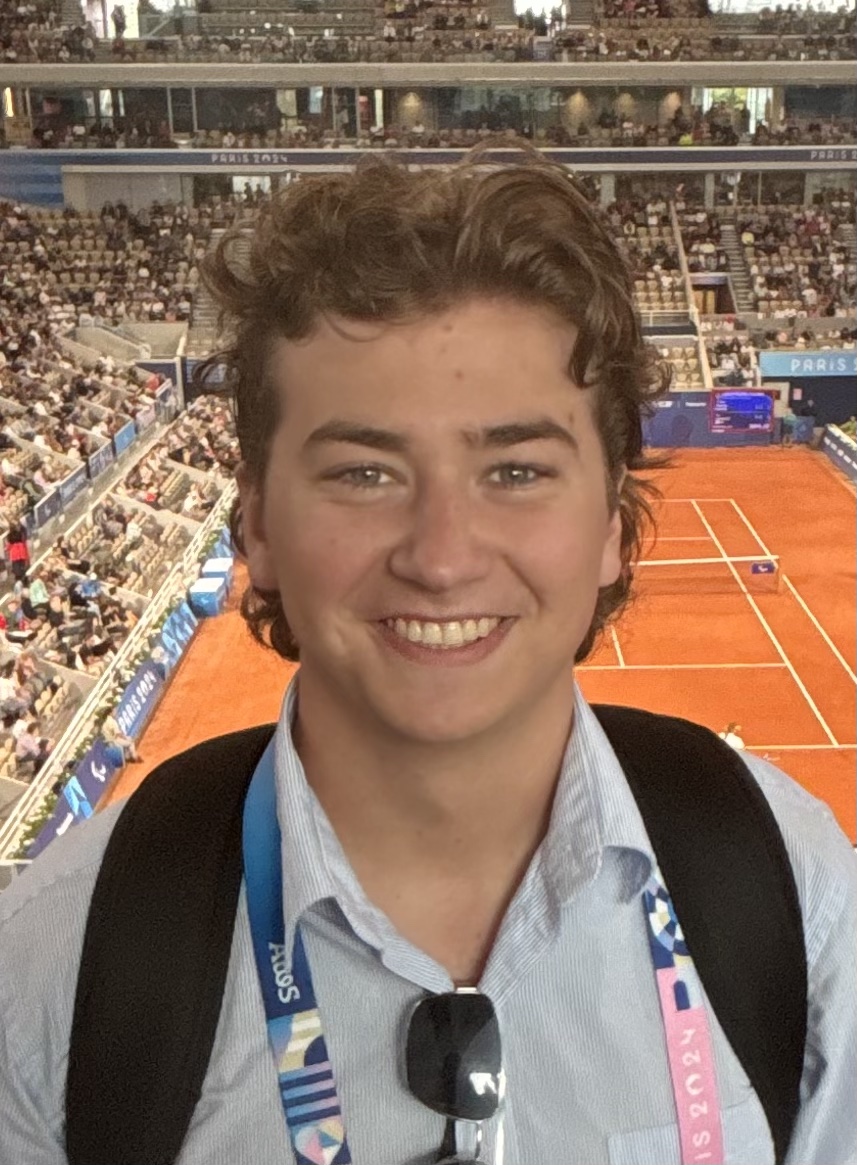Marist AD explains decision to appeal reclassification placement

Some of Georgia’s biggest private schools face a difficult decision following the GHSA’s proposed reclassification.
They can continue competing against public schools in a higher class, or they can join what’s currently known as the Class 3A-A Private division and play against only private schools in the state playoffs.
All GHSA schools were placed Monday in proposed classifications for the next two years based on their reclassification count. The seven classes are the same as in the current cycle but will wear new names. Class A’s divisions I and II will become Class 2A and Class A. The highest classification, currently called 6A, will become Class 7A.
The private division will now be 4A-2A Private.
Private schools strong enough to compete against public schools with larger student bodies sometimes appeal for a higher classification.
Many of those larger private schools haven’t made official decisions yet, but it was easy for Marist.
Marist, which benefits from having over 200 students from outside its designated school zone, is opting to punch above its weight class, as it has done for decades. The school was placed in Class 4A, but athletic director Derek Waugh said there was no question about appealing for a move to Class 5A.
That way, Marist, which was a runner-up in the 4A state championship last year, would compete against better competition in region play and in the playoffs. The War Eagles would avoid next year’s Class 4A-2A Private bracket that will pull playoff-eligible private schools in Class 4A, 3A and 2A into one state championship bracket.
In Class 5A, Marist would compete with every private and public school that was good enough to make the postseason according to the new PSR formula.
“We love the fact that we play private schools, we play public schools and that in the playoffs, you just get to see who’s the best of the best, period, public or private,” Waugh said.
Waugh also wants to compete with what he called Marist’s two most comparable schools: fellow metro Atlanta Catholic schools St. Pius and Blessed Trinity. Both were proposed for Class 5A.
Waugh admitted the success of football holds significant weight in his reclassification decision, like many athletic departments in Georgia.
Marist football will be competing against many of the same teams it faced in Class 4A this season. The War Eagles went undefeated in Region 5-4A with wins over future Class 5A schools Southwest DeKalb, St. Pius, Northview, Druid Hills, Lithonia and Tucker.
Marist beat those teams by a combined margin of 261-58. The War Eagles will host another proposed Class 5A team when Starr’s Mill visits for the first round of the Class 4A playoffs on Nov. 14.
Several football title contenders in Marist’s classification this season are proposed to move a classification above Marist next year. Top-10 Class 4A teams Creekside and Kell are expected to join Class 6A in 2026.
Several other top-10 football teams in the classification below Marist — Jefferson, Jenkins and LaGrange — are expected to join Class 5A with state powerhouses like Marist, Cartersville, North Oconee and Cass.
Other larger private schools like Benedictine and Westminster face the same choice as Marist.
Schools have until noon Sunday to choose whether they want to stay in the proposed class and compete in the private playoff bracket or appeal and move up.



